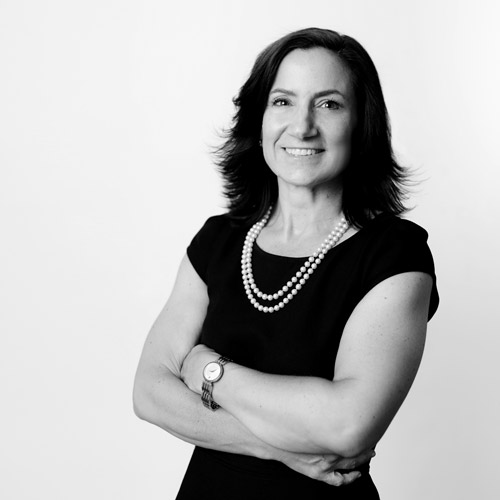While Jim Fry’s main responsibility to YRC Worldwide is to protect the company and mitigate risk, it’s not where his job duties end—it’s where they begin.
Fry, the vice president of general counsel and secretary for YRC Worldwide, one of the world’s largest transportation services, oversees compliance with all laws, rules, and regulations. While he’s excelled in this legal function with the company, it’s also his mission to continue to improve on the company’s communication strategies. This mission includes playing liaison between his legal department and the rest of the departments in the company to ensure everyone’s on board with what needs to be done when any notable industry changes occur.
“We could just say, ‘Hey, here’s a new law; you need to comply with this,’” Fry says. “But I think it’s also our job to work together with operations and the other departments affected to determine the best approach, what’s going to make it an easier transition, and how to communicate it. I don’t look at my department as just disseminating information, but actively participating in its implementation and determining how it will impact operations and the company on a go-forward basis.”
The ability to play a part in YRC Worldwide’s business and communication strategy is part of the reason he became an in-house general counsel and joined the company in the first place. Fry worked in private practice for a decade before transitioning to in-house. The switch not only gave him a better work/life balance, but he also got the chance to be part of a company’s decision-making process and not just another legal resource.
“When you are in private practice, you focus more on legal advocacy and legal procedure,” Fry says. “That is not to say that you don’t focus on this in an in-house role, you just develop a more global business approach to how you address and handle matters, and you have to be cognizant of how your decisions may affect more than just one area of the business. You must consider both the legal and business impact and consider the totality of the circumstances within your operational environment. You are not just a lawyer; you are a company representative.”
There are a lot of decisions to be made in that process that Fry is a part of every day. One moment he may have to decide how much money should be spent on an issue, and in the next how aggressively or conservatively to pursue something—or even how much time should be dedicated to a project. Whatever Fry and his team decide on any given issue, one of the big factors is always what kind of impact the decision will have on YRC Worldwide.
“Cost isn’t the only determining factor in decision-making,” Fry says. “You have to look at cost also in conjunction with the gravity of the issue and whether it requires a more passive or aggressive approach. If it’s an issue that is going to have a more global, permanent, or industry-wide impact, then yes, I’m going to spend more time and money and be a lot more aggressive in my approach. It is no different than a business analysis or decision when you consider return
on investment.”
When it comes to the company’s communication strategies that Fry values so much, YRC Worldwide does a thorough job making sure everyone who needs to know something does. Whenever there’s a new law, policy, or procedure change to announce, the legal team will talk with higher-ups in the organization to determine how the announcement should be communicated, who should receive the announcement, and what would be the most effective medium to get the word out—whether that’s an in-person meeting or a webcast for a company-wide announcement. Webcasts are also stored in an electronic library, so that employees can go back and re-listen at any time for reference or to refresh their memories.
For Fry, perhaps the only thing more important than communicating legislative changes with the law is staying on top of them in the first place. Fry and his team keep up with changes in current case law and government regulations with continuing education, including attending seminars and industry conferences, as well as reading publications like Law 360.
YRC Worldwide also works with outside counsel throughout the country who will alert it of any new case developments that could impact its industry, employees, or how it operates. “We have a lot of different avenues, and we definitely have to keep on top of everything,” Fry says.
As a general counsel, Fry has learned that while it’s important to have an effective legal department, it’s just as imperative to have that department effectively work with different parts of the company and help them understand changes though an effective communication.
“We don’t work in a vacuum and only look at things purely from a legal perspective,” Fry says. “The legal department keeps an open line of communication with all departments of the company. Instead of just unilaterally and without explanation or education implementing policies, procedures, or change, we work with individuals and departments to determine impact, understand their prospective, and work together to find mutually acceptable solutions within an established legal framework. I don’t want the legal department to be viewed as a necessary evil or an impediment to business operations. I want to be viewed as a business partner that is there to facilitate creative solutions.”

